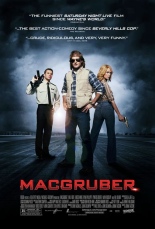
 In a fairer world, Will Forte would be a household name alongside fellow Saturday Night Live alum Adam Sandler. Of course, in that world, Sandler would have continued to produce Punch-Drunk Love-like films that pushed at his talents, rather than sink to the sub-Norbit depths of Jack and Jill.
In a fairer world, Will Forte would be a household name alongside fellow Saturday Night Live alum Adam Sandler. Of course, in that world, Sandler would have continued to produce Punch-Drunk Love-like films that pushed at his talents, rather than sink to the sub-Norbit depths of Jack and Jill.
But alas, the world is hardly fair, so while we drown in a morass of Sandler-related comedies so poor they make Eddie Murphy blush with shame, Forte is relegated to the sidelines. Never mind that MacGruber is funnier than anything Sandler has done — it’s the funniest movie from the SNL canon since The Blues Brothers.
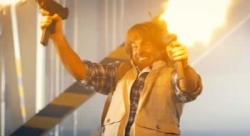 A riff on the legendary mullet-and-brains TV series MacGyver, MacGruber surpasses its comedy-sketch beginnings by becoming not only an extension of the character, but a rousing and gleefully profane send-up of 1980s action films. To those who don’t know Mac, he’s the ultimate bad-ass: “former Navy SEAL, Army Ranger, Green Beret, served six tours in Desert Storm, four in Bosnia, three each in Angola, Somalia, Mozambique, Nicaragua and Sierra Leone.” Yet in the grand tradition of cinematic Homer Simpsons, MacGruber succeeds despite idiocy. And such glorious idiocy it is; watching him beg for a second chance by offering to fuck anything in the room is wondrously funny.
A riff on the legendary mullet-and-brains TV series MacGyver, MacGruber surpasses its comedy-sketch beginnings by becoming not only an extension of the character, but a rousing and gleefully profane send-up of 1980s action films. To those who don’t know Mac, he’s the ultimate bad-ass: “former Navy SEAL, Army Ranger, Green Beret, served six tours in Desert Storm, four in Bosnia, three each in Angola, Somalia, Mozambique, Nicaragua and Sierra Leone.” Yet in the grand tradition of cinematic Homer Simpsons, MacGruber succeeds despite idiocy. And such glorious idiocy it is; watching him beg for a second chance by offering to fuck anything in the room is wondrously funny.
There are other highlights: Ryan Phillippe is a surprisingly strong straight man, Kristen Wiig is game for anything, and Val Kilmer reminds us why he needs better roles. But it’s Forte’s show: He never mugs, never winks; his commitment to being an absolute ass is heartening. MacGruber is a textbook example of the smart-stupid, the type of stupid only very smart people can create. Thank God that Sandler and Dennis Dugan never got their paws anywhere near this one. —Corey Redekop

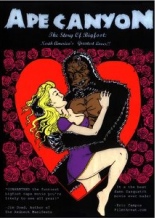
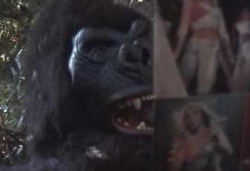
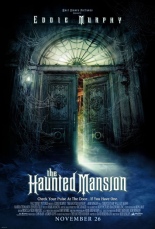
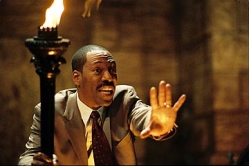 Skeletons come alive, apparitions appear everywhere, Jennifer Tilly’s disembodied head resides in a crystal ball, and yet nothing of significance happens in the entire hour and a half. Nothing but ass-numbing, migraine-inducing pain. This one makes any of the nonsensical
Skeletons come alive, apparitions appear everywhere, Jennifer Tilly’s disembodied head resides in a crystal ball, and yet nothing of significance happens in the entire hour and a half. Nothing but ass-numbing, migraine-inducing pain. This one makes any of the nonsensical 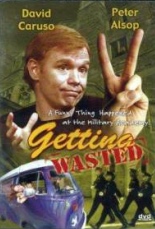
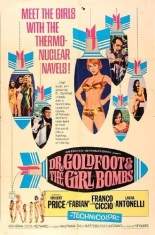
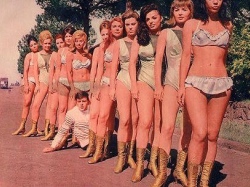 Price actually gets two roles in this one, but he’s no Peter Sellers in
Price actually gets two roles in this one, but he’s no Peter Sellers in